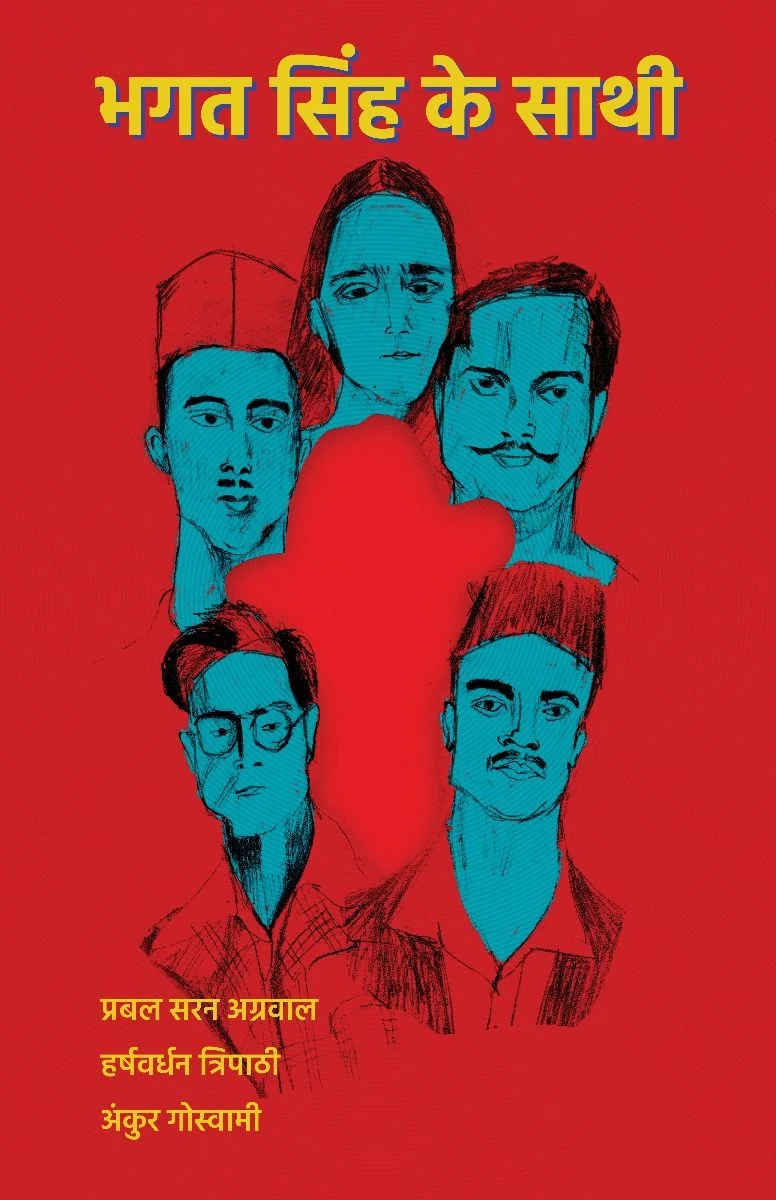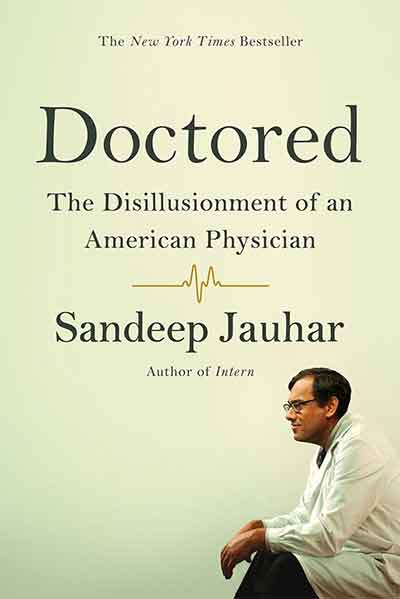
Bhagat Singh – a symbol of aspiration of the chained people in this colonized sub-continent. That aspiration was of freedom, dignity, equity and equality. Bhagat Singh – a symbol of fearless life, undaunted life, a life to sacrifice on the altar of people’s struggle for mooktee, emancipation – emancipation from all forms of bondage. There were bondages of colonial rule, retrogressive ideas, backward promises, exploitation that tied this land. Bhagat Singh dared to challenge this citadel of reaction, and rose as a fearless and visionary leader of the people. He marched along with his comrades, courageous, dedicated to the people’s cause. Now-a-days, efforts are being initiated to know and tell about Bhagat Singh. But, his comrades, equally fearless and ever-ready to sacrifice life for people’s emancipation, are least or not at all discussed. But, these souls of this soil demand attention also, as their lives and work can teach us in a tumultuous time. Prabal Saran Agarwal, Assistant Professor, University of Delhi, and his friends Harshvardhan Tripathi and Ankur Goswami (research scholars from JNU) have tried to fill up this gap with their Bhagat Ke Saathi (Comrades of Bhagat Singh). The189-page book is available to order at Amazon and mayday.leftword.com and could also be bought from Mayday Bookstore, New Delhi. The following interview of Mr. Agarwalwas taken by Farooque Chowdhury, a freelancer from Bangladesh, in an October day, 2022.
Farooque: What is in your book Bhagat Ke Saathi?
Prabal: Bhagat Ke Saathi is about the lives of ten lesser known comrades of Bhagat Singh, some of whom we come across in literature and movies, but about most of them, many of us know very little. We have tried to gather as much authentic information as possible about their lives, their ideology and also about their activities after Independence of India as some of them lived beyond 1947. We have covered Chandrashekhar Azad, Sukhdev, Rajguru, Durga Bhabhi, Batukeshwar Dutt, Shiv Verma, Bejoy Kumar Sinha, Jaidev Kapoor, Jatindranath Das and Bhagwati Charan Vohra. This book has been published by LeftWord and is available at Amazon and mayday.leftword.com. Those in Delhi can also buy it from Mayday Bookstore. Its price is Rs.295/ US$ 15. The book will be formally launched today, 29th October, 2022 on Facebook at 6.30 PM IST. The link for the online event is facebook.com/leftwordbooks
FC: What is the message that you like to convey through this book?
PA: Basically our objective is to tell our readers about these political activists of pre-Independence India who started their struggle against colonialism and injustice as young boys and girls, suffered a lot because of their ideals but did not surrender, and those who survived the British atrocities continued their struggle even after 1947. Our message is that these people fought for a socialist, egalitarian, classless and casteless Indian subcontinent and we should continue their fight if we want to make this world a better place for humanity.
FC: Why you have authored such a book?
PA: I am a PhD scholar from JNU and teach History at the University of Delhi. I have been researching on the revolutionary movement from many years now but I was always surprised by the fact that finally Bhagat Singh has got some recognition which he really deserved from all these years but his comrades are still almost unknown to both masses and the scholars. From my own research, I realized that these people were as important as Bhagat Singh that is why I along with my friends Harsh and Ankur decided to write this book. I would like to quote this paragraph which we have written in the Introduction to our book: “It becomes even more necessary to know about the comrades of Bhagat Singh because historians and media have presented him as a demi-god who single-handedly confronted the British Raj. This kind of analysis is committing injustice to the politics of Bhagat Singh because his organization — the Hindustan Socialist Republican Association — had a very concrete programme and ideology with which it entered into the political arena and all its members played a very significant role in this process. Only a serious evaluation of all the major leaders and cadre of HSRA can help us to understand its relevance in the present time.”
FC: Do you like to mention specifically any of the revolutionaries from your book?
PA: Although all comrades of Bhagat Singh deserve serious research, I would specially like to point to the case of Chandrashekhar Azad, who was the commander-in-chief of HSRA but has not got due recognition from scholars and even activists. Again, I would like to quote from our book:
“It is like remembering Marx and forgetting Engels or paying our homage to Che but ignoring Fidel… Azad was the leader of the revolutionary movement of which Bhagat Singh became the most popular icon. Also Azad and Bhagat Singh had a three decade long legacy of revolutionaries behind them which should not be forgotten. From Aurobindo and Hardayal, this legacy passed on to Sanyal, Bismil and Ashfaq and finally came to Azad and Bhagat Singh who not only carried it forward but took it to newer heights…”
FC: Did you face any problem regarding preparing the book like collection of information? If any, what were those?
PA: Yes, it was a very difficult task, which we had to perform because very little information on the lives of these forgotten revolutionaries is available. We went to various archives, libraries (especially the one established by Prof. Chaman Lal Ji i.e. Bhagat Singh Archives and Resource Centre at New Delhi) and collected a number of old documents and rare books to prepare Bhagat Singh Ke Saathi. We also used interviews, memoirs and autobiographies of some of these revolutionaries.
FC: Do you like to tell anything to possible readers of the book, to possible reviewers of the book, to future authors of similar books?
PA: There are still many more comrades of Bhagat Singh whose lives remain unexplored. I urge to the academic community and others also to come forward and do research on their lives and ideas. Their stories will be really inspiring for our present generation and their ideas have the potential to provide solutions to many of the problems, which we face today. To the readers and reviewers, I would request that the personalities which we have chosen to include in our work were great revolutionaries and socialist activists, so please help us spread their life stories to as many people as possible!
FC: Thanks for the nice discussion through the interview.
PA: You are welcome, friend.
















































